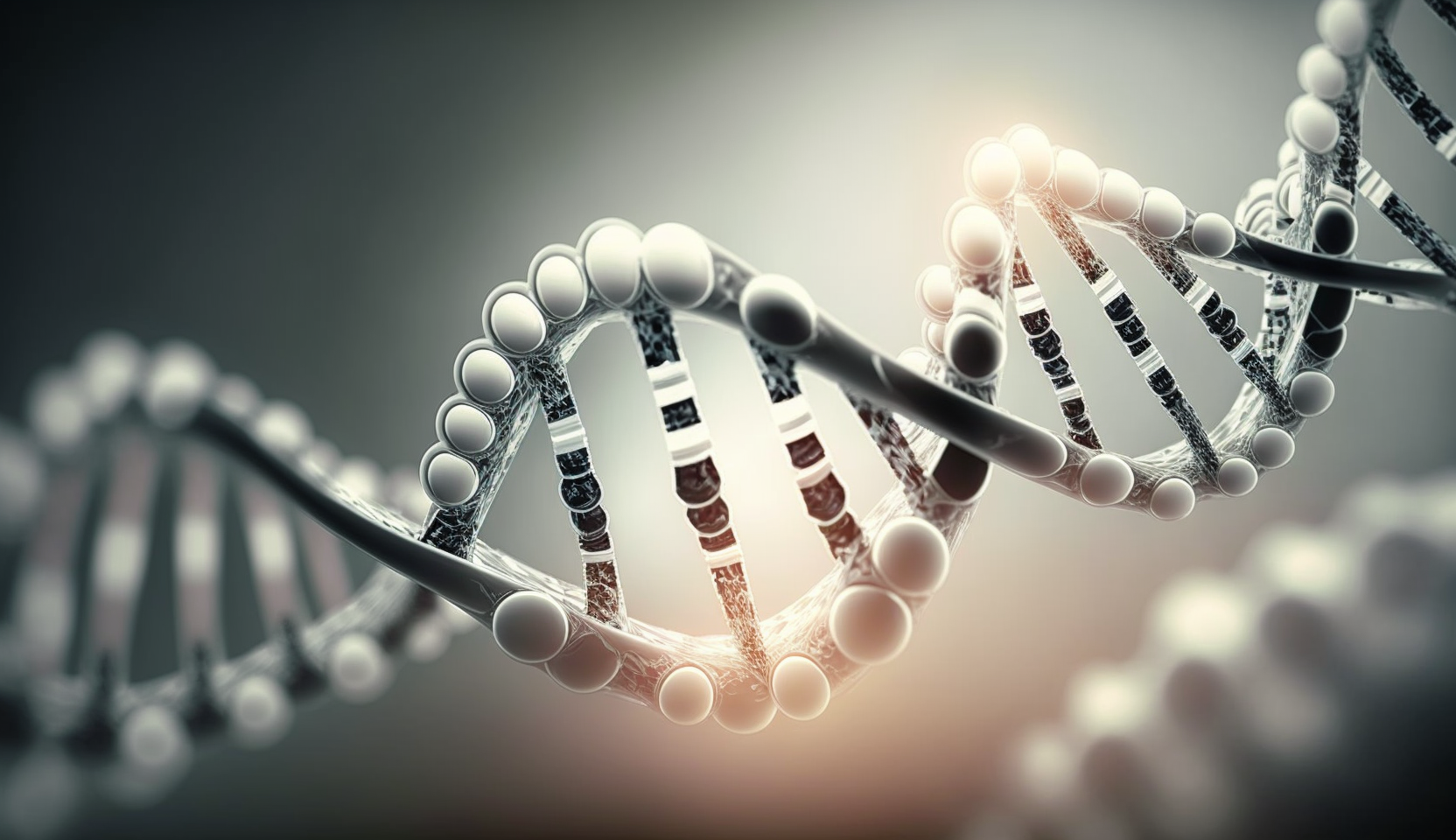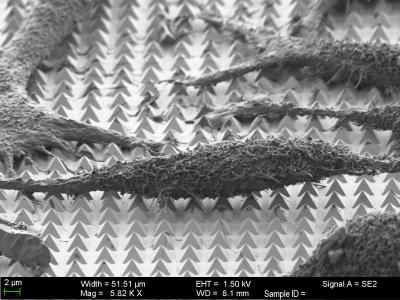Photocure announces plans to de-merge PCI Biotech
Photocure ASA announced that its Board of Directors has decided to a plan to de-merge PCI Biotech, its cancer-focused drug delivery subsidiary. Following the completion of the de-merger process, PCI Biotech intends to seek a public listing on the Oslo Stock Exchange.
PCI Biotech has developed a unique method for the light-directed drug delivery of therapeutic molecules directly into tumor cells. This internal delivery of drugs has the potential to enhance the efficacy of current approaches to the treatment of cancer. The technology, called photochemical internalisation (PCI), can be used both for existing anti-cancer drugs and for emerging treatments, such as gene therapy using siRNA, and as such is of increasing interest in the pharmaceutical and biotech industry.
The Board of Photocure has made this decision for two key reasons. First, PCI Biotech's focus on drug delivery is clearly distinct from Photocure's existing and future business opportunities. The de-merger, therefore, will enable Photocure to focus entirely on its commercial ambitions and on the development of its exciting R&D pipeline. Second, Photocure believes that de-merging PCI Biotech will give PCI Biotech the best possible opportunity to develop its unique drug delivery technology and to release the value that this creates to shareholders.
PCI Biotech has been a subsidiary of Photocure since 2000, and the company has built a solid technology platform, generated significant preclinical documentation and established a strong intellectual property position. PCI Biotech plans to start the first clinical Proof-of-Concept study in 2008 to evaluate the ability of PCI Biotech's technology to deliver an established anti-cancer agent into tumour cells.
Photocure currently owns 91.4% of the shares in PCI Biotech AS. The remaining shares are owned by the Radium Hospital's Research Foundation 6.9%, and the employees of PCI Biotech AS 1.7%.
Other news from the department business & finance
Most read news
More news from our other portals
See the theme worlds for related content
Topic world Gene therapy
Genetic diseases once considered untreatable are now at the center of innovative therapeutic approaches. Research and development of gene therapies in biotech and pharma aim to directly correct or replace defective or missing genes to combat disease at the molecular level. This revolutionary approach promises not only to treat symptoms, but to eliminate the cause of the disease itself.

Topic world Gene therapy
Genetic diseases once considered untreatable are now at the center of innovative therapeutic approaches. Research and development of gene therapies in biotech and pharma aim to directly correct or replace defective or missing genes to combat disease at the molecular level. This revolutionary approach promises not only to treat symptoms, but to eliminate the cause of the disease itself.





















































